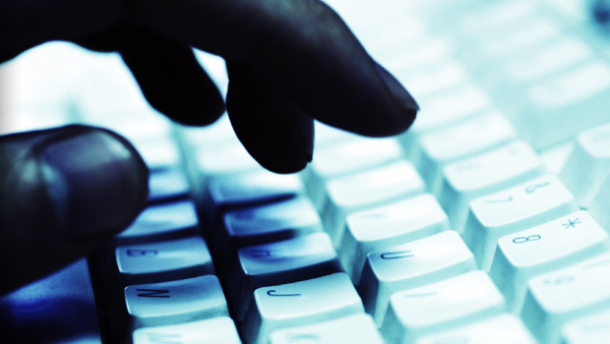In light of the NSA scandal, should employers check staff activity online?

While revelations concerning the U.S. National Security Agency's surveillance habits have caused outrage worldwide, it might be more appropriate to wonder what surveillance methods are used closer to home.
According to Adam Levin, co-founder of online security company Identity Theft 911, U.S. citizens should be focused on how their companies are keeping track of employees online, where IT departments routinely watch how technology is used within a business.

"Assume that your life will be an open book to your employer," he says.
While some firms routinely check phone records, website visits and emails, correspondence both in and out of work time may be subject to checks.
Last year, Maryland became one of the first states to prevent employers from accessing their staff's social media accounts -- after Robert Collins complained of being required to provide the password during a recertification interview.
Laws differ from state to state, but anything posted online could be fair game. Twitter feeds, comments on Google+ or public Facebook posts all have the potential to put staff in hot water -- whether someone is already hired or is a hopeful applicant. In a 2012 survey by Careerbuilder.com, 37 percent of employers said they checked an applicant's Facebook, Twitter, Google+ and LinkedIn profile before hiring.
The workforce may be enraged to find themselves checked up upon through social media, but employers in turn have right to worry. When Zynga laid off over 500 employees, Reddit became the outlet for anonymous frustration. Employees also have the power to batter a firm's reputation, leak secrets, or report live from confidential meetings, just as staff at HMV did when staff were being laid off.
"The U.S. Constitution protects individuals against abuses by the government," said Darren R. Hayes, assistant professor at Pace University’s Seidenberg School of Computer Science and Information Systems. "But there's not a lot of protection of data collected on individuals."
How far employees should be allowed to go online remains of contention; do employers have the right to check staff activity when online messaging and posts could be detrimental to the firm?
Via: MarketWatch
Image credit: Flickr
This post was originally published on Smartplanet.com